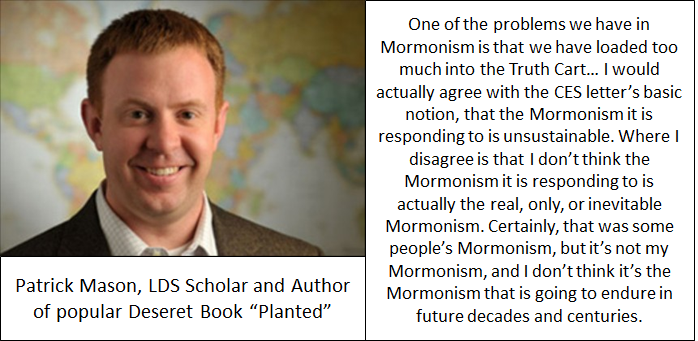Exploring Peter's Boast That He Will Stand with Christ: Faith, Commitment, and the Trials of Discipleship
Guide or Summary:IntroductionThe Context of Peter's BoastThe Nature of Peter's FaithThe Reality of DiscipleshipThe Importance of HumilityLessons for Today……
Guide or Summary:
- Introduction
- The Context of Peter's Boast
- The Nature of Peter's Faith
- The Reality of Discipleship
- The Importance of Humility
- Lessons for Today
**Translation of "peter's boast that he will stand with christ":** Peter's boast that he will stand with Christ.
---
Introduction
In the annals of Christian history, few moments stand out as vividly as Peter's boast that he will stand with Christ. This declaration, made by one of Jesus' most devoted disciples, encapsulates the fervor and passion that characterized Peter's relationship with his teacher. However, this bold statement also sets the stage for profound lessons about faith, commitment, and the inevitable trials that accompany discipleship.

The Context of Peter's Boast
To fully appreciate Peter's boast that he will stand with Christ, it is essential to understand the context in which it was made. This declaration occurred during the Last Supper, a pivotal moment before Jesus' crucifixion. Surrounded by his closest followers, Jesus had just foretold his impending betrayal and death. In this charged atmosphere, Peter, known for his impulsive nature, proclaimed his unwavering loyalty to Christ, insisting that he would never forsake Him.
The Nature of Peter's Faith
Peter's boast reveals much about the nature of his faith. It was characterized by enthusiasm and a deep-seated desire to be close to Jesus. However, this faith was also somewhat naive. While Peter believed wholeheartedly in his commitment, he underestimated the challenges that lay ahead. His declaration serves as a reminder of the human tendency to overestimate our spiritual strength in the face of adversity.
The Reality of Discipleship
Peter's boast that he will stand with Christ is not just a personal declaration; it reflects the broader reality of discipleship. Following Christ is a journey filled with highs and lows, moments of triumph, and instances of failure. Peter's story is one of both courage and denial. Despite his bold proclamation, he would later deny knowing Jesus three times, illustrating the struggle between intention and action that many believers face.

The Importance of Humility
Peter's experience teaches us the importance of humility in our faith journeys. While it is commendable to have a passionate commitment to Christ, it is equally crucial to recognize our vulnerabilities. Peter's initial confidence was shattered when faced with the pressure of persecution. This humbling experience ultimately led to his growth as a leader and a more profound understanding of grace.
Lessons for Today
In contemporary society, believers can draw valuable lessons from Peter's boast that he will stand with Christ. It challenges us to examine our own faith commitments. Are we prepared to stand firm in our beliefs when faced with trials? Do we approach our spiritual journeys with the same fervor as Peter, tempered by humility and an awareness of our limitations?
Moreover, Peter's story emphasizes the power of redemption. After his denial, Peter was restored by Jesus, who entrusted him with the leadership of the early Church. This restoration highlights the theme of grace, reminding us that even in our moments of failure, we can be renewed and empowered to fulfill our calling.

Peter's boast that he will stand with Christ is a powerful testament to the complexities of faith. It encapsulates the zeal of a devoted disciple while also serving as a cautionary tale about the fragility of human commitment. As we navigate our spiritual journeys, let us remember Peter's story — a blend of boldness, humility, and redemption — and strive to stand firm in our faith, even when faced with challenges. Ultimately, it is in our willingness to embrace both our strengths and weaknesses that we can truly reflect the love and grace of Christ in our lives.